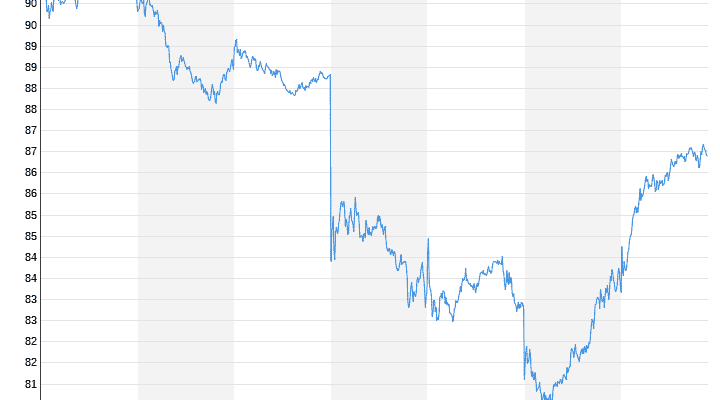Wednesday, December 1st, 2021
Divorce in Stuttgart
Daimler Truck starts self-employment
They will only share the star in the future, otherwise the truck and car divisions of Daimler will be formally separated from now on. The truck and bus business is officially released into entrepreneurial independence. Daimler Truck should already dare to go public next week.
Some old-timer trucks have already been transferred to the commercial vehicle manufacturer Daimler Truck – otherwise the split-up of the Daimler car company should go soberly and without a lot of fuss. On this Wednesday, after a long preparation and the green light from the shareholders, the time has come: Daimler Truck, with over 100,000 employees worldwide, will be released into entrepreneurial independence for the first time.
Mercedes cars and trucks go their separate ways. The mega project “Focus” ends the common history that goes back to the 19th century. The trident star as a trademark will be retained by both manufacturers. The image factor should not be underestimated, because experts say the Mercedes-Benz brand is really expensive. It is valued, for example, by the US consultancy Interbrand at just under 51 billion US dollars (around 45.2 billion euros). That means eighth place worldwide – among the car manufacturers only the Japanese competitor Toyota does better.
The split is not cheap either – it will cost at least 700 million euros. These one-time costs relate, among other things, to the division of the financial services business. Daimler Truck will then go public on Friday next week (December 10th). From its own point of view, the world’s largest manufacturer of trucks and buses wants to qualify for the Dax stock market index by the end of March. According to the plans, Daimler shareholders are beckoning a deal because they will receive additional shares from the commercial vehicle manufacturer.
“Similarities as between submarines and airplanes”
There has long been speculation about a possible spin-off of the truck business. Anyone who listens to managers and experts sometimes wonders why cars and trucks in Stuttgart can hold out for so long in the first place. “Trucks and cars are two completely different businesses,” said CEO Ola Källenius in October.
The split is coming late, but not too late, judges industry expert Ferdinand Dudenhöffer. Connecting technologies like diesel are history. “The similarities between cars and trucks are as big as the similarities between submarines and airplanes,” said the director of the private Center Automotive Research (CAR) of the German press agency.
Daimler is not alone in the world of large corporations. Siemens brought the medical technology and the energy sector to the stock exchange. The US industrial giant General Electric (GE) is to be broken into three parts. In Swabia, the aim is to increase the value of the previous corporate divisions and to become more competitive. In particular, the former commercial vehicle division, which was overshadowed by the prestigious passenger car business for so long, wants to become more profitable.
More agile, but also more prone to takeovers
Of course, there are also risks – for example, there is unwanted influence from major shareholders. One fear is that the previous corporate divisions could become more susceptible to takeover attempts individually. The entire industry is facing huge challenges, which are also associated with dangers, due to investments worth billions in e-cars and self-driving vehicles. The lack of semiconductors and other electronic components is also causing considerable unrest among manufacturers.
In the remaining auto division, which will be renamed Mercedes-Benz Group AG after the truck’s IPO in February, Daimler boss Källenius wants to profile Mercedes-Benz as a luxury brand. For some, this strategic orientation also seems like a return to old values that had faded into the background in decades of visions and expensive expansion projects.
For the expert Willi Diez, the former top man Joachim Zahn, who turned Daimler into a global company in the 1960s and 1970s, is regarded as a shining light. “It created desires where other companies have positioned and distinguished themselves as cheap buyers,” writes Diez in an as yet unpublished book about the group with the star. The downside of the Zahn era: There were delivery times of up to four years back then.
